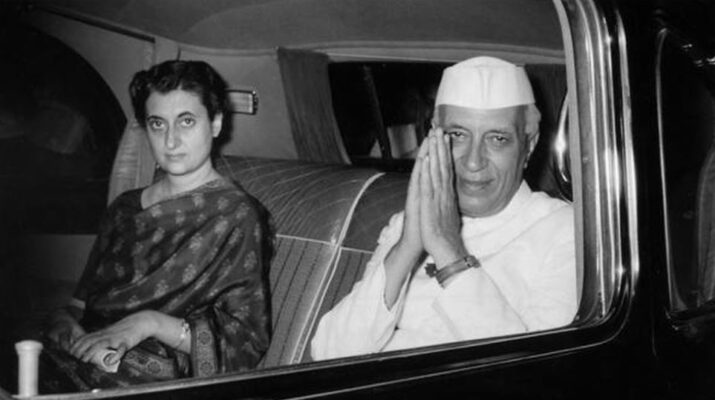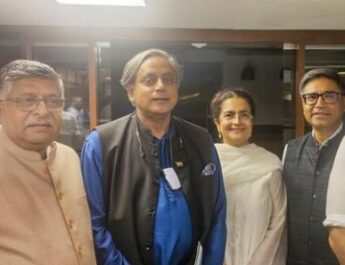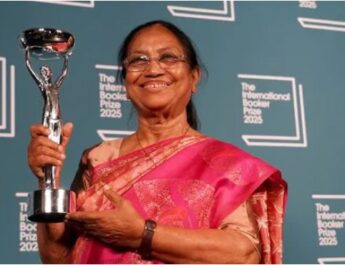Jawaharlal Nehru is often referred to as the “architect of India” because of his significant contributions to the shaping of modern India as an independent nation. Here are some key reasons why Nehru earned this title:
- Leadership during the Independence movement: Nehru played a crucial role in India’s struggle for independence from British colonial rule. He emerged as a prominent leader within the Indian National Congress and became the face of the independence movement. His dynamic leadership and ability to mobilize the masses played a vital role in India’s fight for freedom.
- Vision for a modern India: Nehru had a clear vision for India as a modern, industrialized nation. He emphasized the importance of education, science, and technology in nation-building. Nehru believed in promoting scientific temper, investing in infrastructure, and fostering economic growth to uplift the country’s standard of living.
- Establishment of democratic institutions: As India’s first Prime Minister, Nehru played a pivotal role in establishing the democratic foundations of the nation. He championed the adoption of a democratic constitution and worked towards building strong institutions such as the Parliament, judiciary, and civil services. Nehru’s commitment to democracy laid the groundwork for India’s political system.
- Non-alignment policy: Nehru was a leading advocate of the non-alignment movement, which aimed to maintain India’s neutrality during the Cold War. He sought to establish India as a voice for the developing world, advocating for peace, disarmament, and decolonization. Nehru’s non-alignment policy helped shape India’s foreign policy and maintain its independence in a bipolar world.
- Secularism and inclusiveness: Nehru strongly believed in the principles of secularism and inclusiveness. He envisioned India as a diverse nation that embraced all religions, languages, and cultures. Nehru promoted religious tolerance, equality, and social justice, laying the foundation for a pluralistic society.
- Nation-building initiatives: Nehru launched several nation-building initiatives, including the establishment of the Planning Commission, aimed at economic development and poverty alleviation. He focused on key sectors such as agriculture, industrialization, healthcare, and education to uplift the lives of the Indian people.
Nehru’s leadership and contributions during the formative years of independent India earned him the title of the “architect of India.” His vision, policies, and commitment to democratic principles continue to shape the country’s identity and progress.




